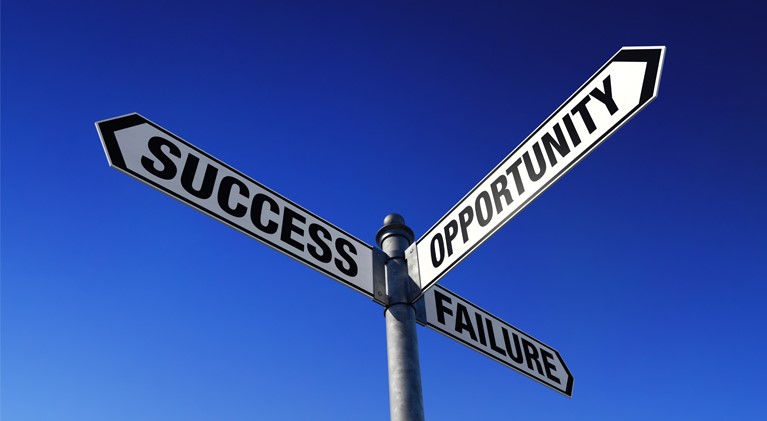Fail fast, learn quick, and trust your people
Failure is not an easy subject for successful people. By definition, successful people do all they can to avoid failing. So you could be forgiven for thinking the idea of embracing failure is a foreign concept.
But there are many different ways to fail and many different things we can learn when we fail. Richard Branson did not suddenly become a failure when his venture into the world of soft drinks, Virgin Cola, lost its fizz. He learnt that concentrating on Virgin’s key areas of competitive strength was a better option than taking on Coca-Cola.
One of the biggest companies in the world, Google, has a whole division basically set up to fail: Google X – which has recently changed its name to just plain X. Google’s founders Larry Page and Sergey Brin might have been disappointed that Google Glass, one of the products that came out of the Google X laboratory, never took off, but they are still among the most successful entrepreneurs of our time.
The secret to making friends with failure is all about setting the framework of the relationship.
As a CEO, you are charged with the task of making sure your company does not fail. There is no dancing around this basic proposition with clever semantics; your key stakeholders, your board, shareholders, the ATO and ASIC are only interested in your bottom line success.
This is the tightrope the modern CEO must walk. Making friends with failure is about being open to new possibilities; it’s about trusting and allowing your colleagues to extend themselves in directions that will test their limits and maybe even those of the company. Empower your people, give them the ultimate permission to be adventurous, creative and innovative. Give them permission to make mistakes.
Just as you might follow the ‘hire slow, fire fast’ dictum in regard to recruiting your staff, you need to be able to trust those around you (and yourself) to ‘fail fast, fail often’. This is a mode of thinking big companies have had to learn and adopt from the nimble competitors that have come along in this age of disruption.
However, to fail fast does not mean to fail stupidly. The CEO needs to be able to stack the odds in their favour when negotiating the framework of this relationship with failure.
Your people are not your most important resource, the right people in your organisation are! Hire capable people, foster the right culture, and put in place systems that encourage bold action and you’ll put your company in a position to learn from its mistakes and to grow and excel.

